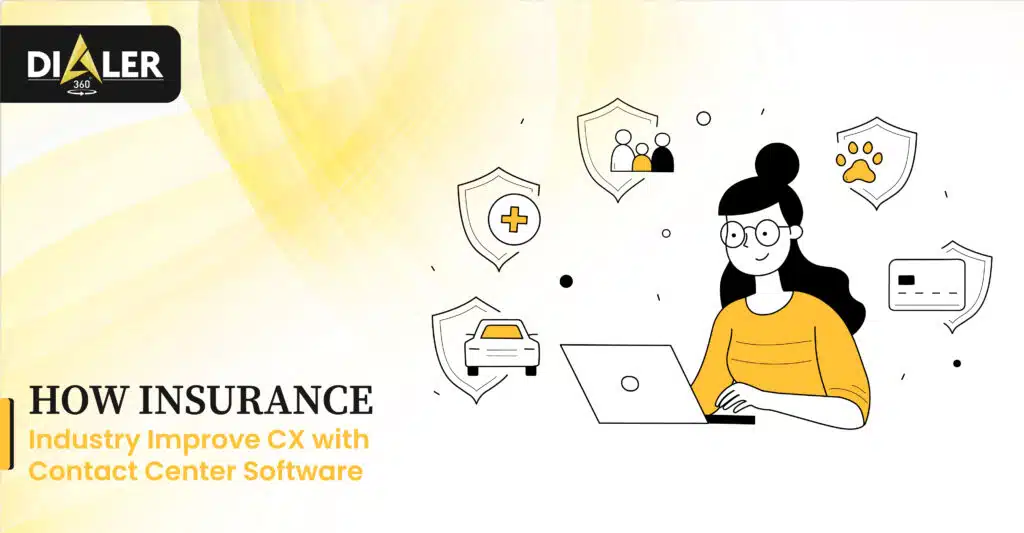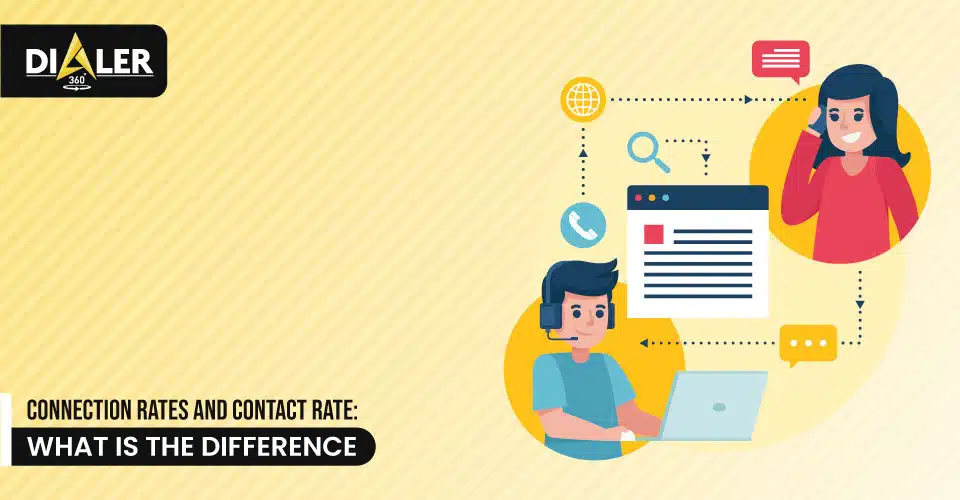Any business, customer support is critical. Supporting the customer and make it a healthy relationship between customers and the brand. So, listening to customers about their doubts and resolving them. It will increase customer trust in your business. Interactive voice response is the best way of supporting customer offering them information. They want as soon as they respond.
Definition of IVR system:
Interactive voice response used as the simulated receptionist. A recorded voice message that interactively welcomes your customer. IVR system shows that companies professionalism. Virtual receptionist used for embracing the consumer in a way. They fill like they are unique customers. So, you can record message according to your business that needs and customize them.
IVR system and their importance:
IVR, otherwise known as an IVR. This is a program that receives mix touch-tone keypad selection, voice telephone input. It gives a message which is appropriate in the form of email, calls back, fax voice or other forms of media. Usually IVR system a part of a more extensive program that would include access to a database.
The system does answer phone calls as a question and answer them. This is like a customer service representative, operator, secretary, and virtual receptionist. The system is a beneficial program for clients. Those who are looking for an automated business approach with the use of the phone.
Customer who want to install this kind of software, have a computer. It also needs to have a computer with specialized hardware known as telephony card or board. In this way, the call can accept.
How interactive voice response (IVR) work?
- The system of IVR offers prerecorded voice response for appropriate situations. As well as keypad signal logic, access to relevant data, potential. The ability to record voice. Moreover, using computer telephony integration, IVR can hand off the call to human being. This is who can view data related to the caller on display.
- This is also dual-tone multi-frequency signals. A line of connection between a phone and computer. Uses of computer telephony board or card to understand the messages.
- IVR software enables an organization to use prerecorded welcome. The menu options which customer can access with a phone keypad. The latest IVR system can include speech recognition software. That enables a customer to connect with the computer.
- IVR system based on the programming language (VoiceXML). It consists of several components, includes telephone network a telephony server. Usually, a web server, database all work to offer the best possible customer service.
Uses of interactive voice response
There are different uses for the IVR system. The conventional method is to automate inbound/outbound calls and route calls.
The interactive Voice response in the latter case eliminates the importance of the switchboard operator. The operator in answering incoming calls. This example often presents a caller with the menu of the selection. It may attempt to solve a frequently asked question.
Best example, when a customer calls Movie Theater to get about movie times. The IVRs uses an updates database to present the caller with a list of the latest. It is available on movie times. So, it is helping end call times and leading to higher customer satisfaction.
Here are some of the examples, which ways and IVRs and can use in this manner.
- Call center forwarding
- Simple order entry transaction
- Selective information lookup
- Call routing for office
- Stock account balance transfer
- No doubt, IVR system can also use in more complicated. These ways to simplify processes in another department.
Benefits of interactive voice response
IVR technology that is a benefit for both large and small business in the followings:
Save time & money: IVR technology that can replace human to answer frequent. It asked a question or to provide common requested information. Such as direction, hours of operation, etc. and that does not think skills.
Best customer satisfaction: IVR technology eliminates with responding to the caller immediately.
24/7 services: Interactive voice response can operate without any interruptions. This is available to provide information to callers when they need it.
Have happier customers: Customer is more pleased with access and speed lead. IVR does this for you with access to data. The information-driven call routing and processing, personalized service from an expert call agent.
Come off as professional and up-to-date: Further of your size and customer have come to expert. With some form of automated response when they call your office. The more intuitive and in-depth the IVR is more impressed.
Resolve issues even before engaging with an actual agent: Some questions which can resolve with simple database questions. Bankcard and transaction requests and like. The system of IVR can lessen call traffic that principal of your agents. Focus your team time on essential calls. It needs human intervention.
Improve call processing efficiency: IVR system, first to process call agent intervention shortened. With more ways than one. The IVR system gathers relevant information initially. The agents have to talk to as fewer questions. Since you will get the best-matched caller, agent and call resolution can faster.
Conclusion:
With the analysis, IVR is a system integrated into the telephone system. It helps to identify and sort route call coming external and internal. The organization has been around for some years. It has gone with a lot of innovative order to improve efficiency. It is possible when integrated into a company telephone system.





